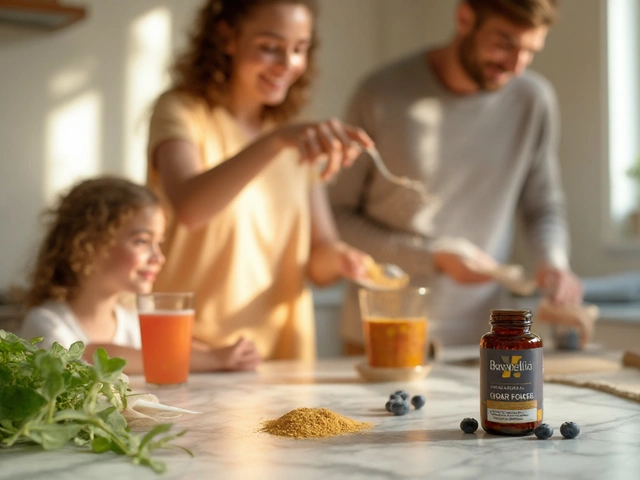Anemia Prevention: Easy Everyday Steps
Feeling tired all the time? It could be low iron. Anemia is a common problem, but you can nip it in the bud with a few simple habits. Below you’ll find quick diet tricks, supplement pointers, and lifestyle tweaks that work for most people.
Everyday Diet Hacks to Keep Anemia at Bay
First, load up on iron‑rich foods. Red meat, chicken liver, and turkey are top choices because they contain heme iron, which your body absorbs best. If you’re vegetarian, turn to beans, lentils, tofu, and fortified cereals. Pair these with vitamin C sources—like orange slices, strawberries, or bell peppers—to boost iron absorption.
Cooking in cast‑iron cookware adds a small amount of iron to meals, especially when you simmer acidic foods like tomato sauce. It’s a cheap, no‑effort way to get extra mineral.
Avoid drinking tea or coffee with meals. The tannins in those drinks bind iron and make it harder for your gut to take it in. Save your cup of tea for after you’ve finished eating.
Don’t forget leafy greens. Spinach, kale, and Swiss chard have non‑heme iron. While the body doesn’t absorb it as well as meat iron, it still adds up, especially when you add a squeeze of lemon juice for vitamin C.
Supplements and Lifestyle Tips
If your diet can’t cover the gap, a supplement can help. Look for a product that contains iron bisglycinate or ferrous gluconate; these forms tend to cause fewer stomach issues. Take your pill on an empty stomach with a glass of water and a vitamin C tablet, but if you feel upset, a light snack is okay.
Check your doctor before you start. Too much iron can be harmful, especially if you have an underlying condition like hemochromatosis. A quick blood test will tell you if you really need a supplement.
Regular exercise supports healthy blood flow and helps your body use iron more efficiently. Even a 30‑minute walk most days can make a difference.
Stay hydrated. Blood without enough fluid feels thicker, which can worsen fatigue. Aim for eight glasses of water a day, more if you’re active.
Lastly, keep an eye on hidden blood loss. Heavy menstrual periods, frequent nosebleeds, or chronic stomach aches can drain iron without you noticing. If you suspect hidden loss, talk to a health professional.
By mixing iron‑rich meals, smart timing of tea, a bit of supplement help, and active living, you give your blood the boost it needs. No need for fancy diets or expensive pills—just steady, sensible choices that keep anemia away.
10 June 2025
Tessa Marley
Discover why athletes can't ignore the role of iron in their training and recovery. Dive into the signs and risks of iron deficiency, how it affects performance, and surprising facts about iron-rich foods and supplements. Find out who is most at risk and get practical tips to maintain optimal iron levels. This long-form article is packed with actionable advice, latest data, and clear explanations to keep both amateur and elite athletes at their best.
Continue Reading...






